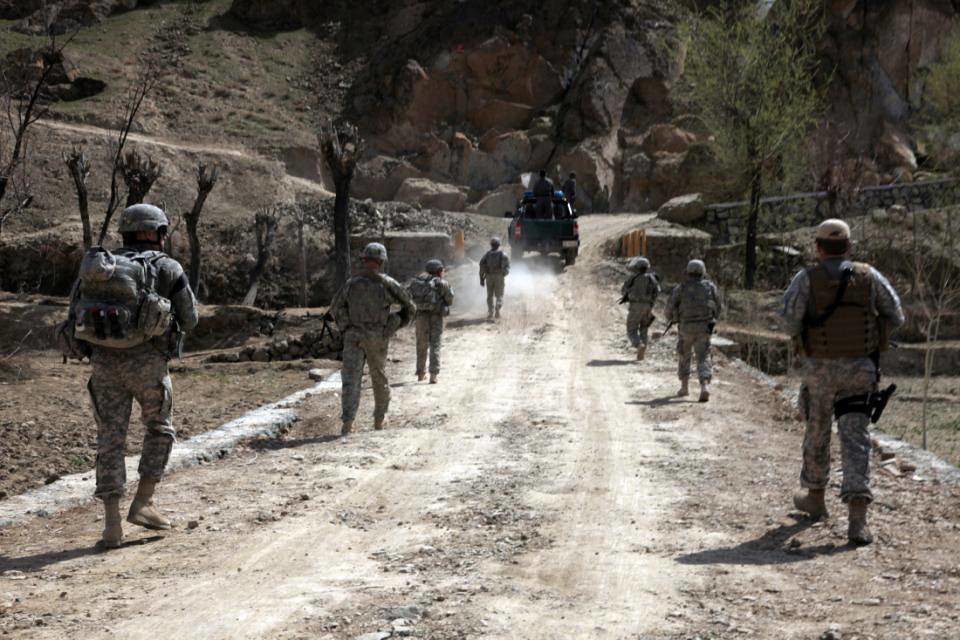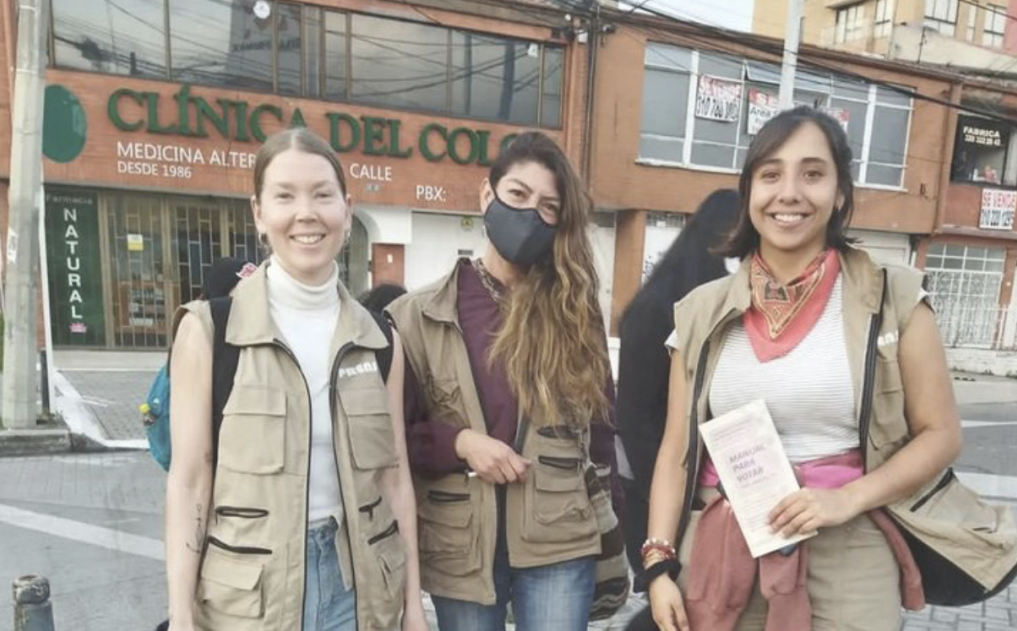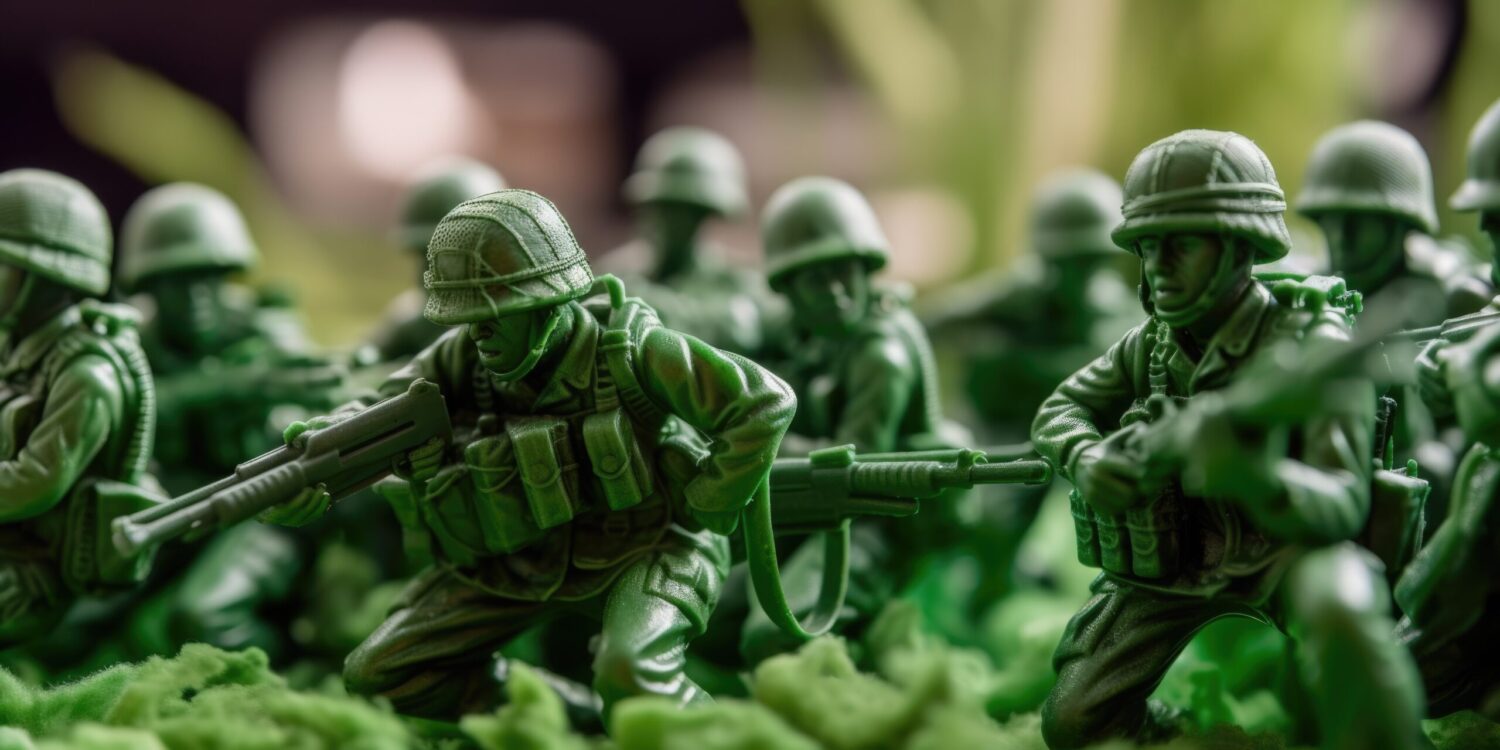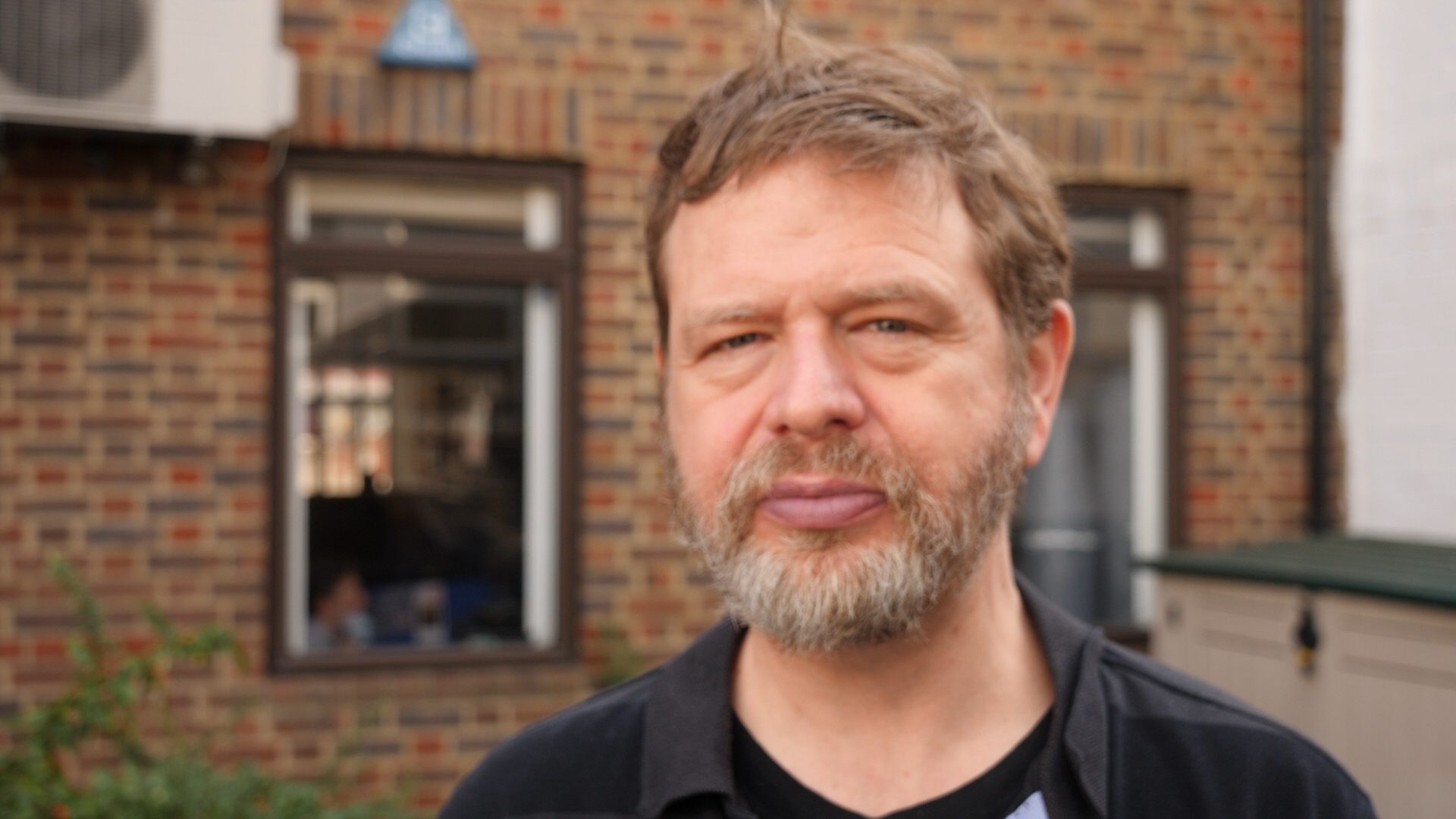Today, the arms trade is bolstered by the perceived convergence of state and corporate interests and protected by a highly technical and opaque veil of national security. The veil functions not only to obscure the details of trade transactions but also shifts attention so that the trade is rarely even visible. This research project (2022- present) aims to invigorate debate and policy about the arms trade by integrating it into other areas of policy, research, and activism, and re-energizing discussions through the engagement of a younger generation.
Our approach is to work on three primary research areas that intersect with the global arms trade: US and European strategic partnerships in and with the MENA region; the influence of the industry on political decision-making; and climate change and militarism.
Key Questions
- Is it viability or desirability to continue using the arms trade as a central pillar of strategic partnerships between the US/Europe and Middle East countries? Emma Soubrier led this work and created Pathways to Renewed and inclusive Security in the Middle East (PRISME).
- Can states champion international climate action whilst sustaining and expanding some of the world’s largest military sectors? Led by Nico Edwards, with Anna Stavrianakis, this portion of the project produced the report, “Resisting Green Militarism” (link below).
- What is the nature of arms industry influence on government policy today? Led by Sam Perlo-Freeman, and with Campaign against the Arms Trade (CAAT), this project is producing a comprehensive report on the UK and a comparative study.
- How can corruption be used as a lens to challenge the arms trade? Led by the Corruption Tracker team, a series of workshops and discussions were held and new cases of corruption were added to the CT database.
- And, through the above approaches, can we engage younger scholars and activists in challenging the arms trade? Led by WPF’s B. Arneson and across all the research avenues.

















